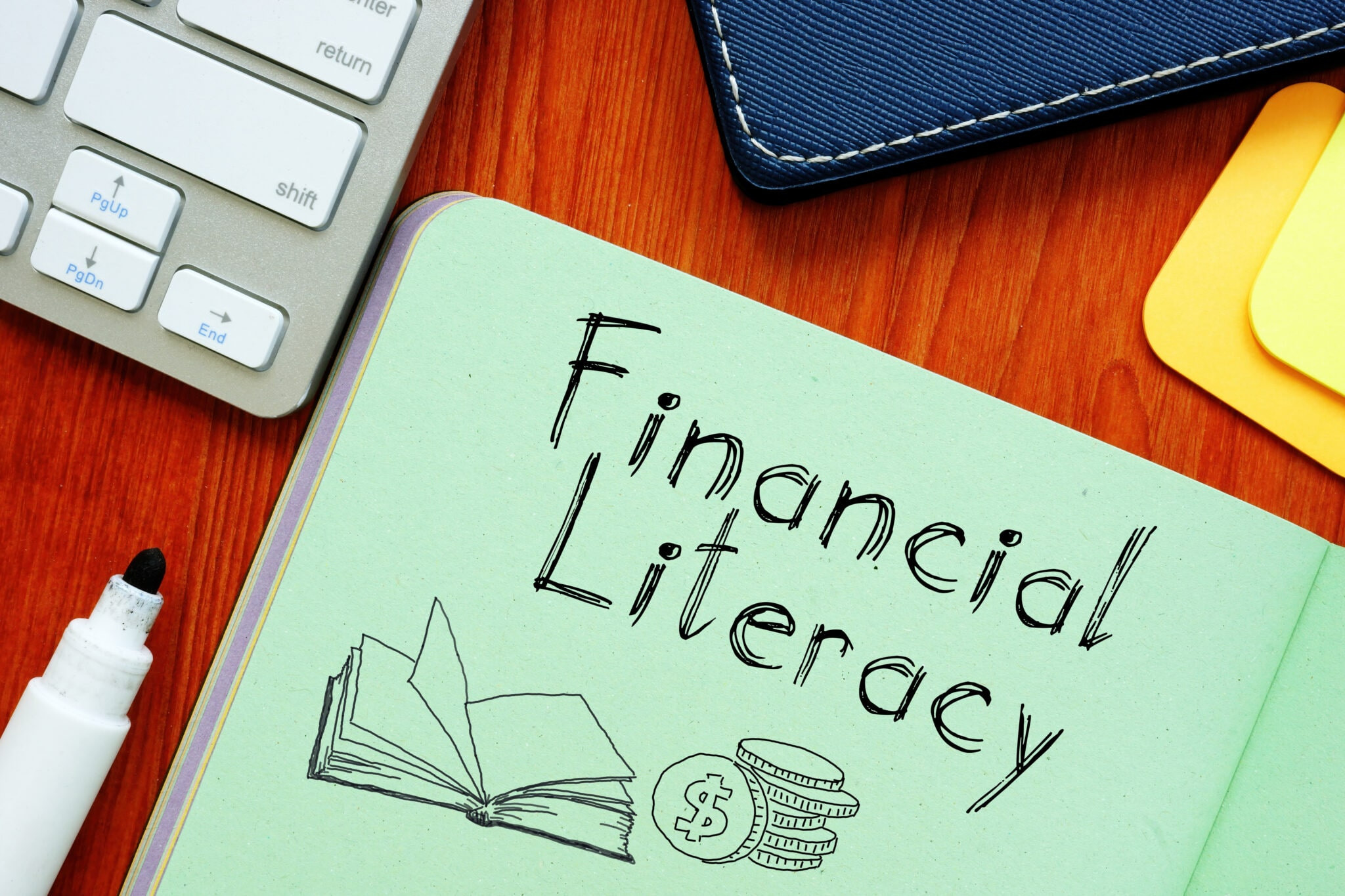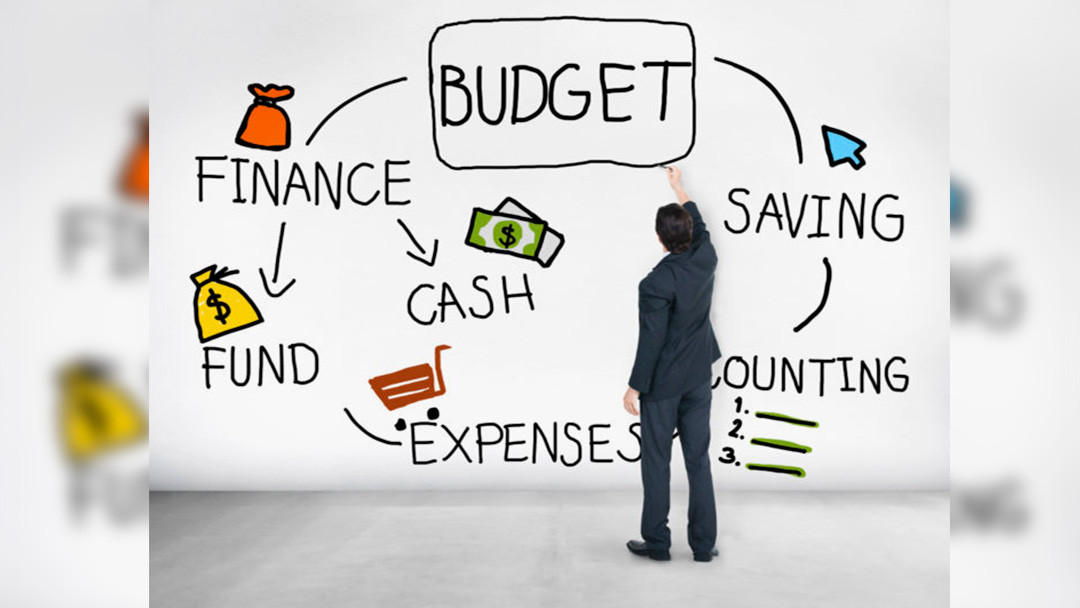The Growing Importance of Financial Literacy for Young Adults
In today's complex financial landscape, financial literacy is no longer an option but a necessity, especially for young adults navigating the early stages of their financial journeys. This crucial skill equips individuals with the knowledge and understanding to make informed financial decisions, manage their finances effectively, and build a secure financial future. But why is financial literacy so vital for young people?
The Challenges of Modern Finance
Young adults today face a unique set of financial challenges that their predecessors did not. The rise of student loan debt, the increasing cost of living, and the volatility of the stock market are just a few factors that contribute to the complexity of managing personal finances. Understanding these challenges and developing the skills to navigate them is essential for building a stable financial foundation.
The Benefits of Financial Literacy
Financial literacy empowers young people to take control of their financial lives, enabling them to:
-
Make Informed Financial Decisions: By understanding budgeting, saving, investing, and debt management, young adults can make informed choices about their money, avoiding costly mistakes and maximizing their financial potential.
-
Build a Strong Financial Foundation: Financial literacy helps young people build a solid financial foundation by establishing good financial habits early on, ensuring they have the necessary knowledge and skills to achieve their financial goals.
-
Reduce Financial Stress: A lack of financial literacy can lead to financial stress and anxiety. Conversely, individuals who are financially literate can manage their money effectively, reducing stress and promoting financial well-being.
-
Achieve Long-Term Financial Goals: Whether it's buying a home, starting a family, or retiring comfortably, financial literacy provides the tools and knowledge to achieve long-term financial goals.
How to Develop Financial Literacy
Developing financial literacy is an ongoing process that requires commitment and effort. Here are some practical steps young people can take:
-
Seek Educational Resources: There are numerous resources available to help young people learn about personal finance, including online courses, books, articles, and financial advisors.
-
Start Budgeting: Create a budget to track income and expenses, allowing for better control over spending and identifying areas for improvement.
-
Save Regularly: Develop a regular saving habit, even if it's a small amount, and learn about different savings options.
-
Learn About Investing: Explore different investment options and understand the risks and rewards associated with each.
-
Manage Debt Wisely: Understand different types of debt, such as student loans and credit cards, and learn how to manage them effectively.
The Importance of Early Financial Education
Financial education should start early in life. By teaching children and teenagers about personal finance, parents and educators can equip them with the tools and knowledge they need to make informed financial decisions as they transition into adulthood.
Building a Financially Secure Future
Financial literacy is an essential life skill that can empower young adults to take control of their finances, build a secure financial future, and achieve their financial goals. By prioritizing financial literacy, young people can navigate the complexities of modern finance and build a path to financial success and well-being.
The Future is Bright: A Call to Action
The future of financial literacy for young people is bright, but it requires a collective effort. Parents, educators, and financial institutions all have a role to play in promoting financial literacy and equipping young adults with the tools they need to succeed.


















